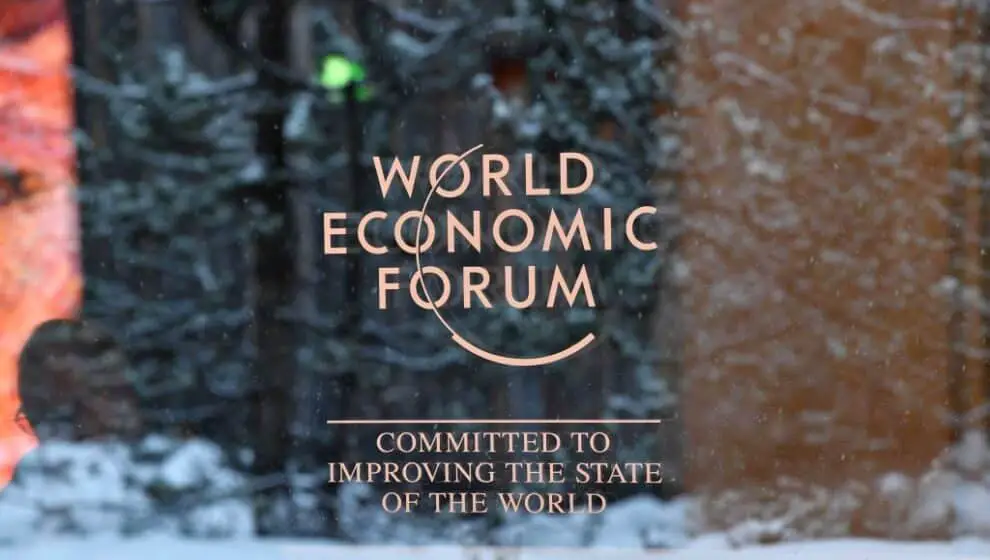The 2023 Chief Economists Outlook at the World Economic Forum in Davos, Switzerland, predicts that this year will be fraught with continuing economic uncertainty, but there is reason for optimism in the coming year.
Key Details
- The Chief Economists Outlook, organized by the World Economic Forum, predicts that governments, businesses, and households will continue to face financial challenges through 2023.
- Additionally, nearly two-thirds of global economists predict that their counties will suffer a recession in the coming year.
- Despite the predicted coming financial troubles, economists predict that the cost of living and energy prices will lessen near the end of this year.
- Economists also warn that the challenging economy will lead businesses to continue cutting costs and potential layoffs.
Why it’s news
In the last year, economies have continued to suffer from the effects of COVID-19-related lockdowns and global unrest. According to global economists, this year is likely to be similar to last. Particularly in the U.S. and Europe, citizens can expect cutbacks on spending.
Around 91% of economists expect slow economic growth in the country over the next year, and 100% predict the same in Europe.
Two-thirds of economists predict a global recession in the coming year, with around 18% expecting the recession to be extremely likely. These numbers are more than double the 2022 survey when a third of economists thought a recession would be unlikely.
While there is a consensus among economists that recession is likely, they are more divided on the nature of inflation in the coming year. China ranked the lowest, with 5% expecting inflation to rise, while 57% of European economists anticipate rising inflation. Many economists expect that Europe and the U.S. especially will experience additional monetary tightening this year.
Businesses will also likely continue to struggle during 2023. Lessening demand and growing borrowing costs will plague businesses, economists predict. Input costs for businesses will also rise, creating greater difficulty for companies attempting to turn a profit.
These struggles lead economists to predict that there will likely be more layoffs as companies cut costs and reduce spending.
On a positive note, economists do not expect supply-chain issues to continue being a problem for businesses.
Notable quote
“With two-thirds of chief economists expecting a world-wide recession in 2023, the global economy is in a precarious position. The current high inflation, low growth, high debt and high fragmentation environment reduces incentives for the investments needed to get back to growth and raise living standards for the world’s most vulnerable,” says Managing Director at the World Economic Forum Saadia Zahidi. “Leaders must look beyond today’s crises to invest in food and energy innovation, education and skills development, and in job-creating, high-potential markets of tomorrow. There is no time to lose.”
Partisan reactions
The World Economic Forum has been around since 1971, but it has begun to face criticism from a wide scope of audiences. Those in the progressive camp criticize WEF for its inability to take action on issues and accuse it of simply being a gathering place for the rich elite.
Those on the conservative front have varying issues with the meeting of global leaders. Some claim it holds a clear liberal bias in its platform creation and idea generation. They say it is a way for world powers to establish a global order, restrict human rights, and reduce the average person’s quality of life. In 2020, Davos’s theme was “The Great Reset,” which conservative critics compared to similar socialist calls for reform.
